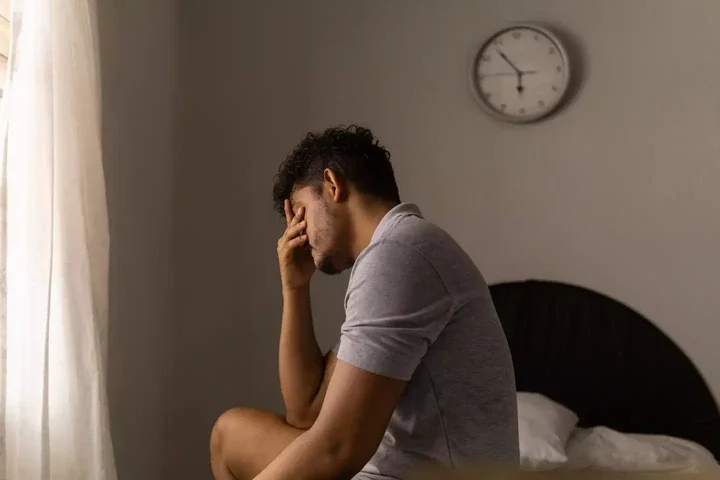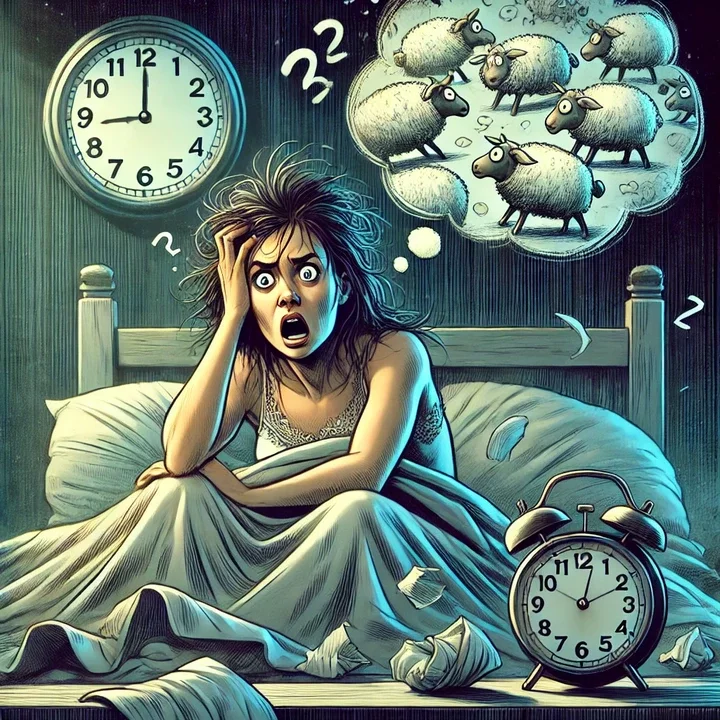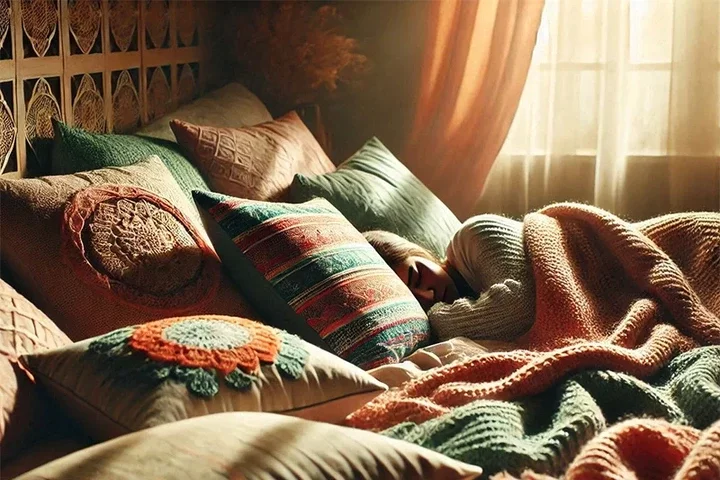A medical professional has revealed that not getting the required amount of sleep could shorten your lifespan

This is one for all the night owls out there.
You may enjoy staying up until the early hours of the morning despite the negative effects it has on you the next morning, but a shocking revelation has been made on what it can do to your health in the long-term.
The recommended amount of sleep for adults according to the NHS is seven to nine hours a night, though this may be hard to consistently achieve after fitting everything into your day.

But it's key to do your best, so that means avoiding a doom-scroll on your phone before bed or flicking through Netflix to 'wind down'.
Stressing about your day or worrying about the next can also play into overstimulation and stress before some shut-eye, though Doctor Dan Friedrich has taken to TikTok to explain why sleep is paramount to your wellbeing.
Apparently, it can shorten your life, as he explained: "If you think that you can survive on only four to five hours of sleep every night, you're going to have an early death,
"And so studies have shown again and again that the optimal amount of sleep is between six and eight hours a night, preferably at least seven," he chillingly revealed.
But it turns out that you also shouldn't sleep more than a certain amount too, as the health expert continued his explanation.
Dr Friedman went on: "If you go more than nine hours it's also bad for your health, but sleeping less than five is the worst thing you could possibly be doing."
He added that it means 'increased mortality', adding that 'cardiovascular disease' and 'all types of diseases' are linked to a lack of sleep.
Other studies show that under-sleeping can be detrimental to your health, with older people sleeping less than five hours a night increasing their chances of premature death by 25 percent.

University College London has carried out some research with 7,864 people over the age of 50 across the UK, finding that the older you are, the more likely you are to suffer from long-term health conditions over sleep deprivation.
Dr Severine Sabia, the lead author of the study, highlighted: "Multimorbidity (the presence of two or more long-term health conditions) is on the rise in high-income countries and more than half of older adults now have at least two chronic diseases.
"This is proving to be a major challenge for public health, as multimorbidity is associated with high healthcare service use, hospitalisations and disability."
She also said that multimorbidity is associated with short sleep duration.
Dr Sabia pointed out the things we should focus on to improve the duration and quality of sleep, highlighting a dark, quiet bedroom, sleep hygiene and a comfortable temperature.
Exercise and exposure to light in the day also results in better sleep, while large meals and use of electronic devices before bed are advised against.

















Comments